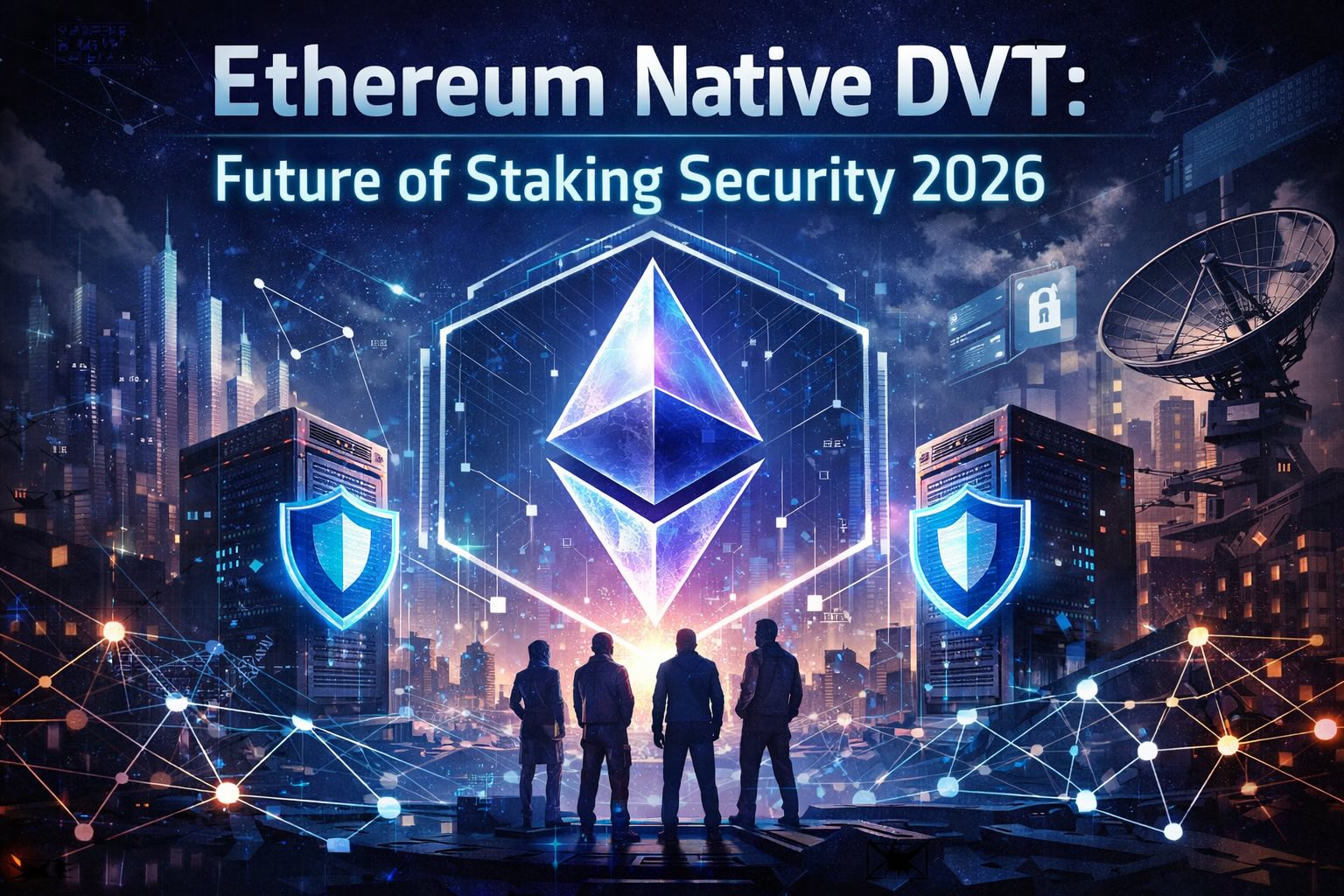Solana Priority Fees
Solana Priority Fees, Stake Amount & Staking Rewards

Solana has emerged as a leading blockchain platform, offering high-speed transactions and a robust staking mechanism. As a Solana user, it's essential to grasp the concepts of priority fees, stake amounts, and staking rewards to maximize your participation and returns. This guide will walk you through these components, providing clarity on how they interconnect within Solana's ecosystem.
What Are Solana Priority Fees?
In Solana, priority fees are optional fees that users can add to their transactions to expedite processing. These fees, measured in micro-lamports per compute unit, incentivize validators to prioritize certain transactions, especially during network congestion. By including a priority fee, you can ensure your transaction is processed more swiftly, which is particularly beneficial for time-sensitive operations.
Determining Your Stake Amount in Solana
Staking in Solana involves delegating your SOL tokens to validators, contributing to network security and earning rewards. There's no minimum amount required to stake, allowing flexibility based on your holdings.
However, it's advisable to keep a small balance in your wallet to cover transaction fees. The more SOL you stake, the higher your potential rewards, but always consider your financial situation and risk tolerance before deciding on the stake amount.
Understanding Solana Staking Rewards
Staking rewards in Solana are influenced by several factors:
- Inflationary Rewards: Solana has an inflation schedule that rewards stakers with newly minted SOL tokens. The initial inflation rate was 8% annually, decreasing by 15% year-over-year, aiming for a long-term rate of 1.5%.
Solana - Transaction Fees: Validators earn a portion of the transaction fees from the blocks they process. These fees are distributed among validators and their delegators.
- MEV (Maximal Extractable Value) Rewards: Validators can extract additional value by reordering transactions within a block. This practice can lead to extra rewards, which may be shared with delegators.
Figment
The combination of these rewards contributes to the overall annual percentage yield (APY) for stakers, which currently averages between 5-7%..
Factors Influencing Staking Rewards
Several elements affect your staking rewards:
- Validator Performance: Choosing a reliable validator with high uptime and low commission rates can enhance your rewards. Validators with better performance metrics are more likely to be selected for block production, leading to higher rewards.
- Network Participation: The total amount of SOL staked across the network impacts individual rewards. As more participants stake their tokens, the rewards are distributed among a larger pool, potentially reducing individual returns.
- Commission Fees: Validators charge a commission on the rewards earned. Selecting validators with lower commission rates can increase your net rewards.
How to Start Staking on Solana
To begin staking on Solana:
- Set Up a Compatible Wallet: Use wallets like Phantom or Solflare that support staking functionalities.
- Acquire SOL Tokens: Purchase SOL through reputable exchanges and transfer them to your wallet.
- Delegate Your Stake: Within your wallet, choose a validator to delegate your SOL. Ensure you research validators' performance and commission rates before delegating.
- Monitor Your Staking: Regularly check your staking status and rewards. Stay informed about any changes in validator performance or network conditions.
Risks Associated with Solana Staking
While staking offers rewards, it's essential to be aware of potential risks:
- Validator Misconduct: If a validator behaves maliciously or fails to perform duties, it can lead to slashing, where a portion of the staked tokens is forfeited.
- Network Downtime: Prolonged network outages can affect reward distribution and the ability to unstake tokens.
- Market Volatility: The value of SOL tokens can fluctuate, impacting the fiat value of your staked assets and rewards.
Optimizing Your Staking Strategy
To maximize your staking returns:
- Diversify Validators: Spread your stake across multiple validators to mitigate risks associated with individual validator failures.
- Stay Informed: Keep up-to-date with Solana's network developments, validator performance metrics, and changes in staking parameters.
- Reinvest Rewards: Consider compounding your rewards by periodically restaking them, which can enhance your overall returns over time.
Enhance Your Ethereum Staking Experience with ChainLabo
Understanding Solana's priority fees, stake amounts, and staking rewards is crucial for effective participation in the network. By making informed decisions and staying vigilant, you can optimize your staking strategy and contribute to the security and efficiency of the Solana blockchain.
Unlock the full potential of your Ethereum investments with ChainLabo's secure and user-friendly staking services. Our Swiss-based platform ensures you retain full control over your assets while earning competitive rewards. Join ChainLabo today to experience hassle-free Ethereum staking and maximize your returns.
Frequently Asked Questions About Solana Priority Fees, Stake Amount & Staking Rewards
Q1. What is the minimum amount of SOL required to start staking?
There is no strict minimum; however, staking small amounts may result in negligible rewards due to validator fees.
Q2. How often are staking rewards distributed?
Rewards are typically distributed at the end of each epoch, approximately every 2-3 days.
Q3. Can I unstake my SOL at any time?
Yes, but the unstaking process requires waiting until the end of the current epoch before your SOL becomes available.
Q4. Are there risks associated with staking SOL?
While staking is generally safe, risks include validator underperformance and potential slashing for malicious behavior.
Q5. What are the tax implications of staking rewards?
Tax treatment varies by jurisdiction; it's advisable to consult with a tax professional regarding your specific situation.
Disclaimer
This article is for informational purposes only and does not constitute financial or investment advice. Staking on Solana involves risks, including validator misconduct, network downtime, and market volatility. Before staking SOL tokens, users should evaluate their financial situation and risk tolerance. Always research validators carefully and consider consulting a financial professional to understand the implications fully.






